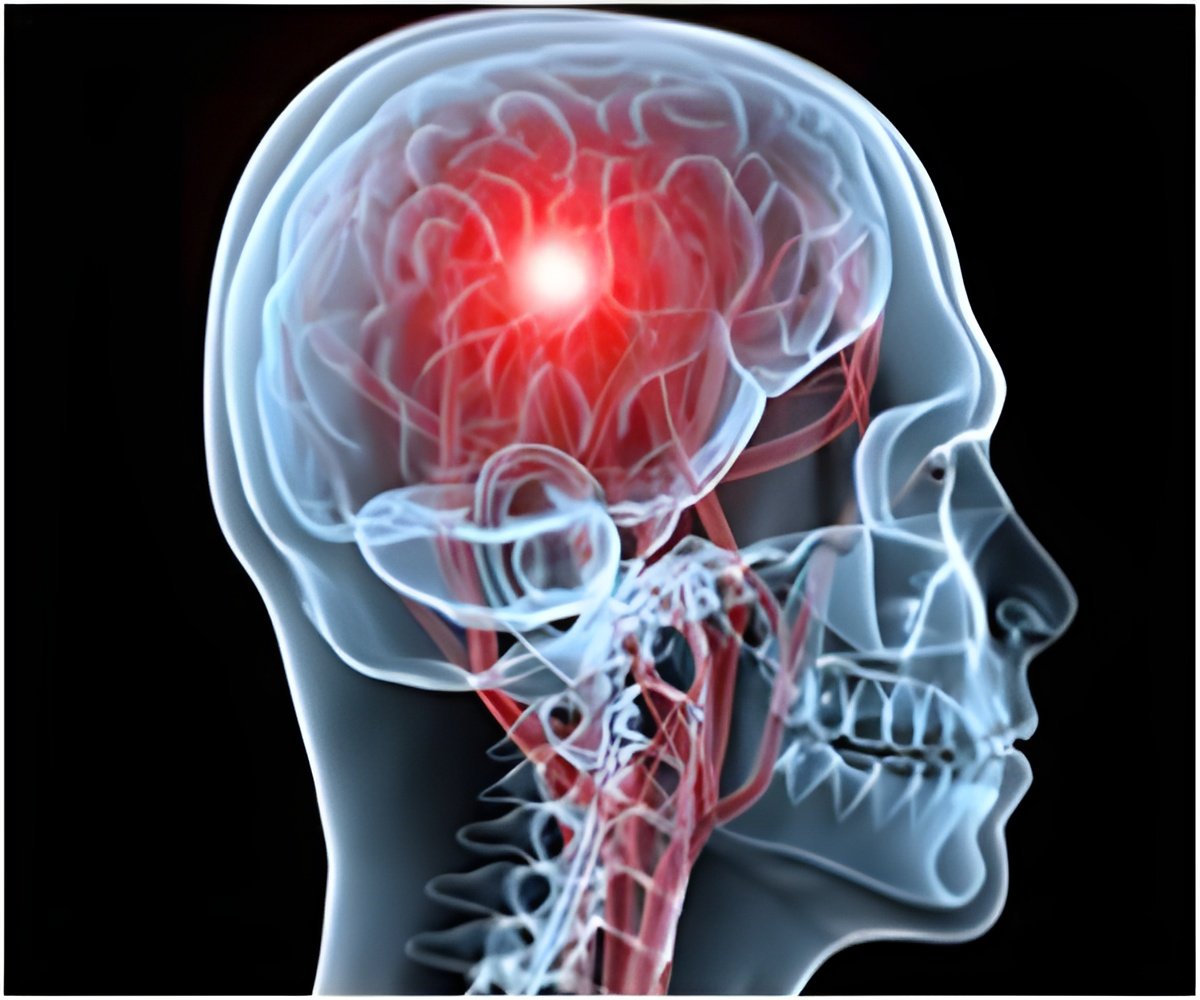Professor Thomas Bayer, from the University Medical Center Gottingen, said: “In clinical trials, none of the potential treatments which dissolve amyloid plaques in the brain have shown much success in terms of reducing Alzheimer’s symptoms.
Some have even shown negative side effects. So, we decided on a different approach. We identified an antibody in mice that would neutralize the truncated forms of soluble amyloid beta, but would not bind either to normal forms of the protein or to the plaques.”
Humanized’ antibody, called TAP01_04, was found binding to the truncated form of amyloid beta, the team had a surprise. They saw the amyloid beta protein was folded back on itself, in a hairpin-shaped structure.
Professor Mark Carr, from the Leicester Institute of Structural and Chemical Biology at the University of Leicester, explained: “This structure had never been seen before in amyloid beta.
However, discovering such a definite structure allowed the team to engineer this region of the protein to stabilize the hairpin shape and bind to the antibody in the same way.
Our idea was that this engineered form of amyloid beta could potentially be used as a vaccine, to trigger someone’s immune system to make TAP01_04 type antibodies.”
When the team tested the engineered amyloid beta protein in mice, they found that mice who received this ‘vaccine’ did produce TAP01 type antibodies.
The Gottingen group then tested both the ‘humanized’ antibody and the engineered amyloid beta vaccine, called TAPAS, in two different mouse models of Alzheimer’s disease.
They found that both the antibody and the vaccine helped to restore neuron function, increase glucose metabolism in the brain, restore memory loss and – even though they weren’t directly targeted – reduce amyloid beta plaque formation.
LifeArc’s Dr Bakrania said: ”The TAP01_04 humanized antibody and the TAPAS vaccine are very different to previous antibodies or vaccines for Alzheimer’s disease that have been tested in clinical trials, because they target a different form of the protein.
This makes them really promising as a potential treatment for the disease either as a therapeutic antibody or a vaccine. The results so far are very exciting and testament to the scientific expertise of the team. If the treatment does prove successful, it could transform the lives of many patients.”
Professor Mark Carr added: “While the science is currently still at an early stage, if these results were to be replicated in human clinical trials, then it could be transformative.
It opens up the possibility to not only treat Alzheimer’s once symptoms are detected, but also to potentially vaccinate against the disease before symptoms appear.”
The researchers are now looking to find a commercial partner to take the therapeutic antibody and the vaccine through clinical trials.
Source: Medindia



